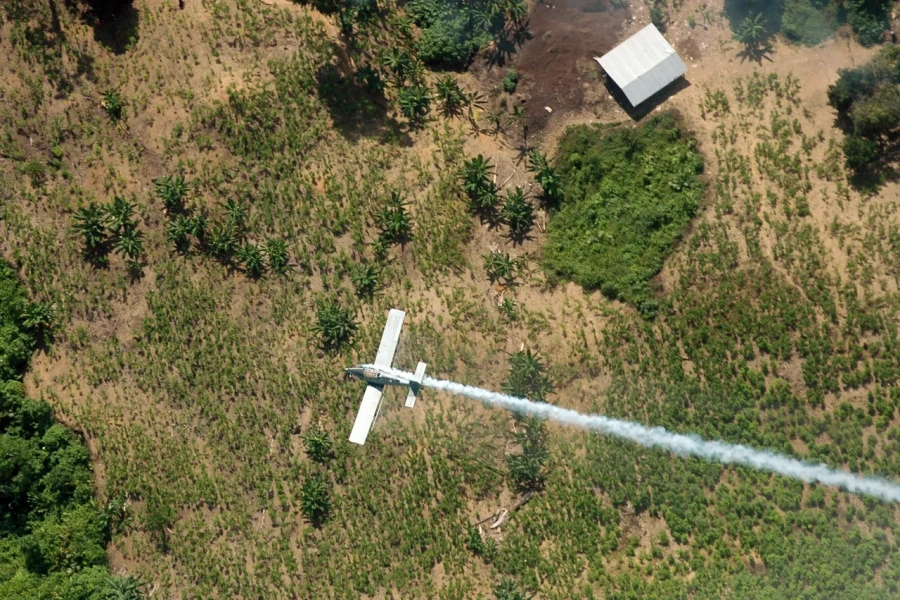KATHMANDU, June 7: Nepal Flour Mills Association (NFMA) has criticized the government’s decision to impose Value Added Tax (VAT) on refined wheat flour.
The association has argued that the VAT charged on one of the basic food products shall hike its price by about Rs 5-6 per kg. It also feared that a higher price in the domestic market may trigger smuggling of cheaper flour from India through the porous border.
Issuing a press release on Friday, NFMA has asked the government to withdraw the decision to levy VAT on flour.
The imposition of VAT may come as a factor for the collapse of at least 38 refined wheat flour factories of the country, the association said, adding that the taxation policy was against the government’s overarching policy of being self-sustenance on agro products. The country is almost self-dependent on flour production owing to continuous good harvest of wheat.
50,000 metric tons of wheat required to address shortage

“It could lead to a number of production facilities shutting down, and encourage import over local production. This will consequently lead Nepal to be entirely import dependant on agro products,” stated the press release.
The self-dependence that the domestic flour industry currently enjoys is largely due to the government’s protectionist policies in the past. When the refined flour industry was weaker, it enjoyed VAT exemption.
Nepali entrepreneurs fear that Indian flour, which enjoys exemption from Goods and Services Tax (GST), may challenge domestic flour industry due to their comparative advantage. The ones actually benefitting from the imposition of VAT are the firms along the Indian border whose target market is Nepal, according to them.
Wheat is the third major crop produced in Nepal, and the Agriculture Research Center has been researching and enforcing the production of grains with higher productivity. As levying VAT is likely to shrink the flour market, farmers won’t get an appropriate price for their produce, which could even endanger the investment of the Research Center, according to NFMA.
In the absence of demand, farmers could skip cultivation of the cash-crop, causing lands to go barren, ultimately leading to a greater problem in the agricultural industry of the country, the association added.
“Mustard production in the country is depleting due to a similar step taken by the government. Similar could be the case with wheat,” the association warned.
While the flour producers were not entirely against the idea of VAT, they complained the amount levied arbitrary for an agro-based industry was not appropriate. NFMA instead suggested the government to modify the current VAT structure.
The association also objected to the idea of issuing Permanent Account Number (PAN) to temporary and wage labors, calling it an impractical and impossible measure.





































